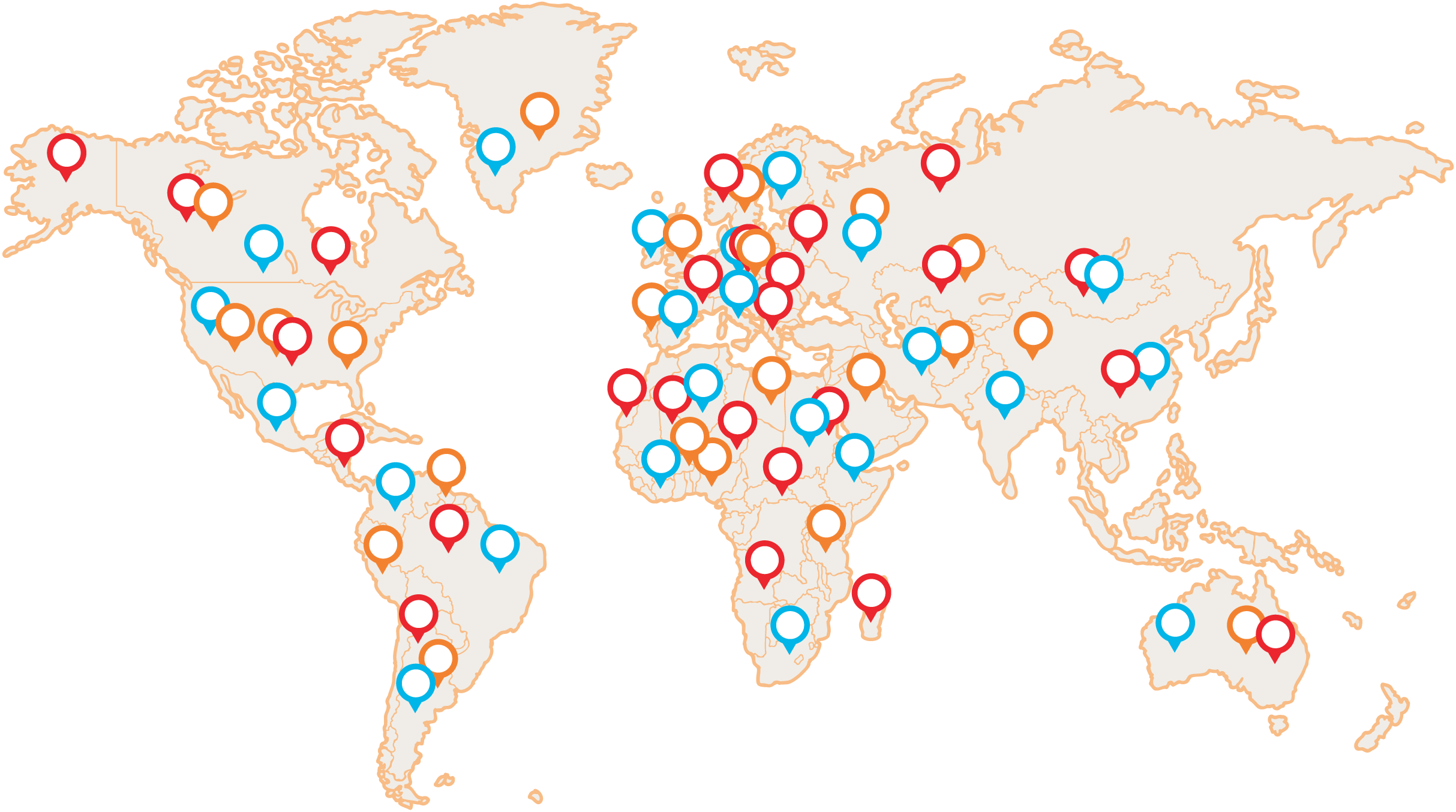Latin: Flammulina velutipes
Czech: velvet-legged flamingo
Chinese: Dong Gu/Jin Zhen Gu
Japanese: Enokitake
Thevital Enoki mushroom has been known for millennia and used as a medicinal remedy and food. In Egypt, it was considered the mushroom of immortality and was reserved only for pharaohs. In China, it was known as a life-extending mushroom. There are records dating back to 900 AD (Han Dynasty) describing the cultivation and growing of Enoki, including watering, substrate preparation, etc.
Enoki grows all over the world, but prefers mainly cooler areas. While other mushrooms have long been dormant, Enoki is beginning to appear. It is a winter mushroom, growing in our area from October to April. It grows in large clumps at temperatures slightly above 0°C. It occurs in clusters at the base of trees, most often beeches, sometimes conifers. It is a saprophyte, i.e. it draws nutrients from the host without killing it. The fungus, which has access to UV light, has a tiny golden, honey to dark brown cap. The leg is thin, straight and hairy, giving it a velvety feel. Commercially grown mushrooms are white in colour. However, the substance content is the same as that of wild mushrooms.
Enoki was not registered for the scientific world until 1782. It was then that M. A. Curtis placed it in the genus Agariceae and gave it the name Agaricus velutipes. It was not until 1951 that Enoki acquired its present name, thanks to R. Singer. After the Japanese scientist Ikekawa found a link between Enoki and a reduced incidence of cancer, Enoki came to the attention of science as a cancer prevention agent.
Characteristics according to traditional Chinese medicine
Nature: neutral
Taste: sweet, slightly salty
Tropism: Spleen, Stomach (some sources also mention Kidney and Lung)
Main effects according to Traditional Chinese Medicine:
- Strengthens Spleen and Stomach Qi
- Supports the Yin of the Stomach, Kidneys and Lungs
- Clears hotness
When do we use the vital Enoki mushroom to maintain or improve health?
1) Regulating the immune system
- Increases the numbers of immune cells - lymphocytes, macrophages, NK cells, etc.
- promotes the production of antibodies - thus improving the immune response
- has antiviral and antibacterial effects
- kills yeasts, bacteria, viruses, fungi
2) Support for cancers
- strengthens the immune system - improves recognition and removal of malignant cells
- promotes apoptosis - a controlled process of programmed cell death of old, damaged, or cancerous cells
- stops cancer cells from dividing
- reduces the possibility of metastasis
- is used as a support for chemotherapy or radiotherapy
- most commonly used in cancers such as: lung, breast, pancreatic, leukaemia, melanoma and sarcoma
3) Skin problems
- for skin problems, it reduces inflammation and softens the skin
- used for: dermatitis, eczema, urticaria, acne
4) Food allergies
- regulates immune response - can stimulate or dampen immunity as needed
- used for: food allergies, poor pancreatic function and increased histamine production in the intestinal mucosa
5) Anti-inflammatory effects
- has a pronounced anti-inflammatory effect- reduces acute and chronic inflammation and regenerates mucous membranes
- used in: Crohn's disease, gastric ulcer disease, arteriosclerosis, etc.
6) Cardiovascular support
- Enoki is a powerful antioxidant - protects the lining of blood vessels from free radical damage
- also regulates blood lipid and cholesterol levels
Less common use of Enoki in clinical practice:
- antiaging effect - due to the skin
- diabetes - regulation of blood sugar levels
- hepatoprotective effect - protects the liver
- promotion of the correct composition of the microflora
- improvement of mental functions
- insomnia
- natural antibiotic
- Helicobacter pylori
- thrombolytic (anti-clotting) effects
- hypertension
- improves pancreatic function
- whitening
- reduction of oxidative stress
What to remember:
Enoki supports the immune system to fight bacteria, yeast and fungi. It is mainly used for cancers, poor pancreatic function, skin problems and food allergies.
 Vital mushrooms PRO (17)
Vital mushrooms PRO (17) MyTao Edition (14)
MyTao Edition (14) Vital Mushroom Extracts (25)
Vital Mushroom Extracts (25) Combination of mushrooms and herbs (18)
Combination of mushrooms and herbs (18) Traditional recipes (5)
Traditional recipes (5) BIO vital mushrooms powder (9)
BIO vital mushrooms powder (9) Syrups (12)
Syrups (12) Dried vital mushrooms (7)
Dried vital mushrooms (7) Honey products (5)
Honey products (5) Vitamins (4)
Vitamins (4) BIO green food (2)
BIO green food (2) Other (1)
Other (1)